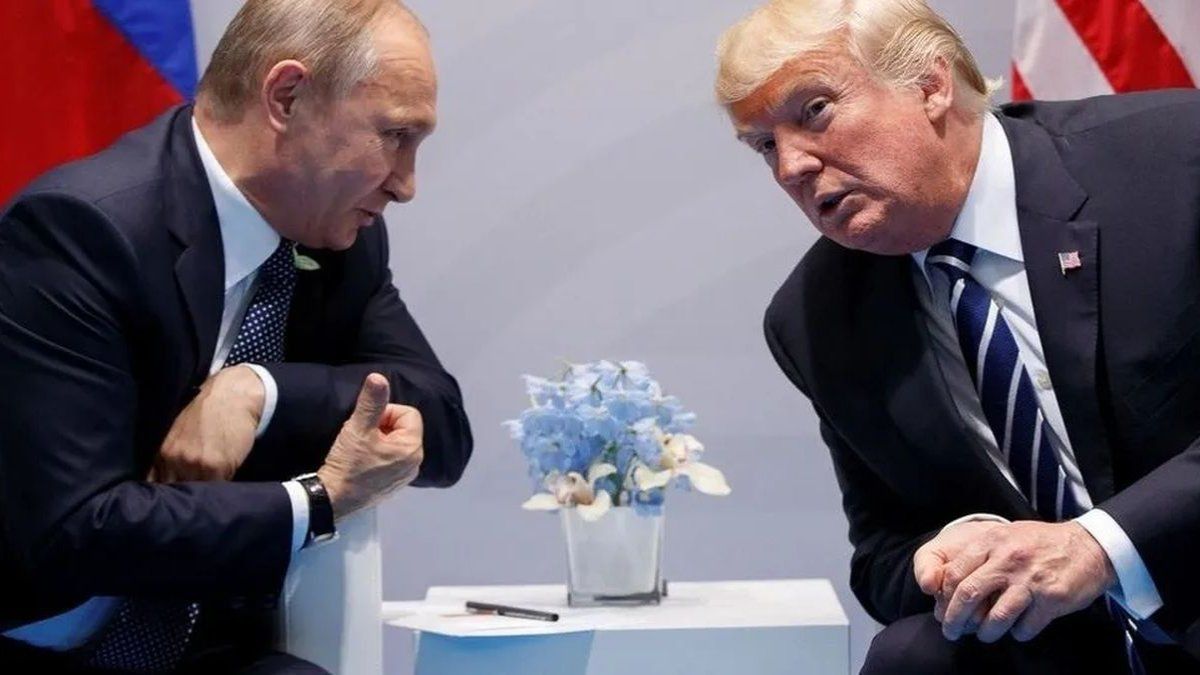The Turkish President wants to talk to the head of the Kremlin about resuming the agreement on the export of Ukrainian grain that was suspended in July. This is important for world nutrition.
Negotiations between Russian President Vladimir Putin and his Turkish counterpart Recep Tayyip Erdogan on the grain deal have begun. Both sides were ready to talk about the grain agreement on Monday in Sochi.
Putin said he knew that Erdogan wanted to address the grain deal at the meeting. “We are open to negotiations on this issue,” he said at the beginning of the call. Erdogan said: “The message we will deliver to the world after our meeting will be a significant step, especially for less developed African countries.”
Erdogan has traveled to Russia to promote a revival of the Ukrainian grain export deal. Turkey had helped mediate the agreement in the summer of 2022, which ended the Russian naval blockade of Ukrainian ports, also in its own interest. Russia suspended the agreement in mid-July.
Kremlin imposes conditions
Putin had set conditions for a return to the agreement negotiated last year through the mediation of the Erdogan government and the United Nations. For example, the sanctions imposed by the West in the course of the Russian war of aggression against Ukraine should be relaxed so that Moscow can again export its own grain and fertilizers unhindered. Russian gas supplies through the Black Sea are also important for Turkey.
It is the first meeting between the two heads of state since Erdogan’s re-election in May. Relations between the two countries are by no means unencumbered, and they are not only conflicting parties in the civil war in Syria. In the conflict region of Nagorno-Karabakh, Turkey is on the side of Azerbaijan, which won a war over the area against Armenia in 2020. Armenia, on the other hand, sees itself let down by Putin and the protecting power Russia.
Türkiye not involved in sanctions
In the war in Ukraine, the Turkish President acts as a mediator between Moscow and Kiev and maintains close contacts with both parties to the conflict. NATO member Turkey is not participating in Western sanctions against Russia.
Russia let the grain agreement expire in July. Safety guarantees for shipping traffic with Ukrainian ports have been cancelled. This led to a new naval blockade. Previously, despite the Russian invasion, the agrarian country of Ukraine had exported about 33 million tons of grain and other agricultural products by sea since the summer of 2022. The war-torn country urgently needs export revenues.
Ukraine and Russia are important suppliers of wheat, barley, sunflower oil and other foodstuffs – particularly to countries in Africa, the Middle East and parts of Asia. Before the war began, Russia was also the world’s largest exporter of fertilizers. The disruption of these supplies following the Russian invasion in February 2022 drove up food prices around the world and fueled fears of a hunger crisis in poorer countries.
Cereals important for Africa and Asia
In southern Ukraine, Russia recently hit the Black Sea and Danube ports in the Odessa region with rocket and drone attacks, destroying important infrastructure for grain exports. Ukraine therefore accused Russia of terrorism with the aim of preventing the transport of grain, which is important for world nutrition, to Africa or Asia, for example. No representatives of the UN or Ukraine are present at the talks in Sochi, so a lasting breakthrough is unlikely.
Shortly before new Russian attacks over the weekend, Ukrainian President Volodymyr Zelenskyy announced that two more cargo ships had passed through the Black Sea grain corridor set up by Kiev. After Russia’s withdrawal from the agreement, Kiev is trying to organize the export despite the risk of Moscow attacks.
Russia had threatened to consider ships calling at Ukrainian ports as carrying military cargo. Selenskyj now called on the western allies once again to deliver even more anti-aircraft systems in order to better protect the region from Russian attacks. Ukraine also wants to regain air sovereignty.
Source: Stern
I have been working in the news industry for over 6 years, first as a reporter and now as an editor. I have covered politics extensively, and my work has appeared in major newspapers and online news outlets around the world. In addition to my writing, I also contribute regularly to 24 Hours World.




